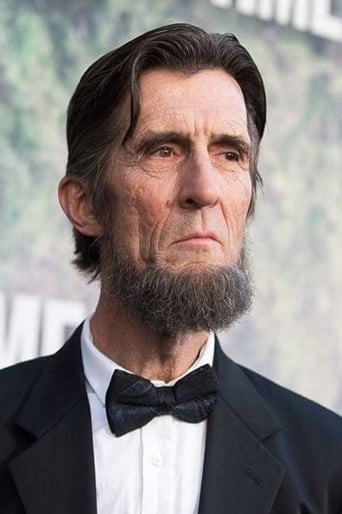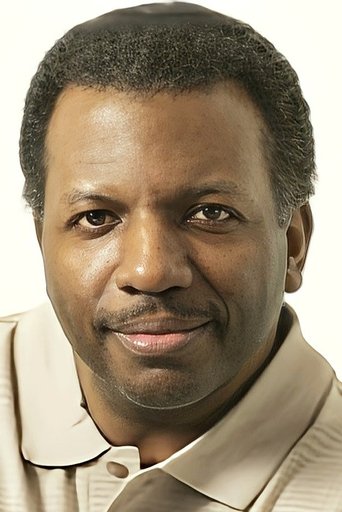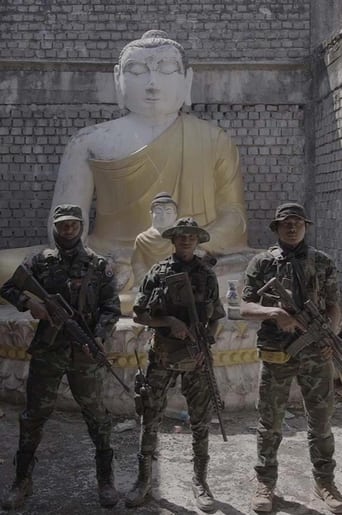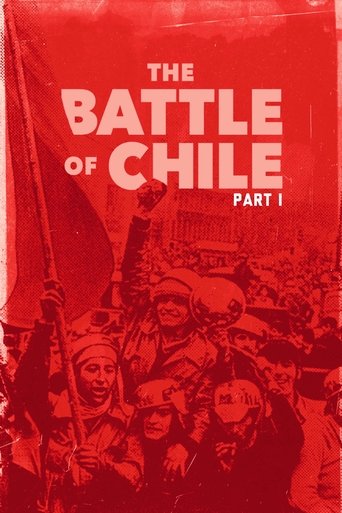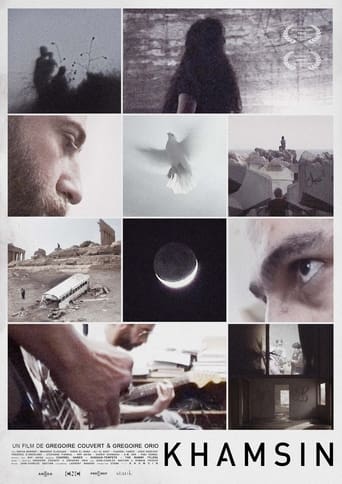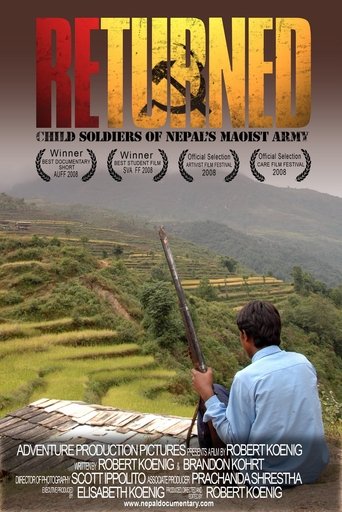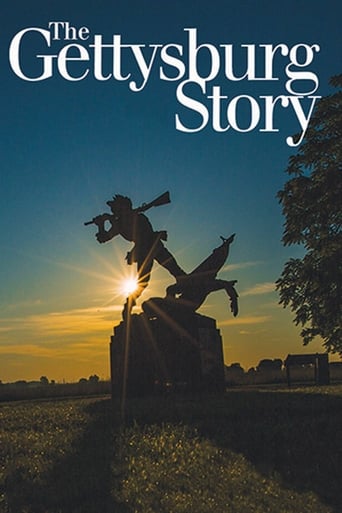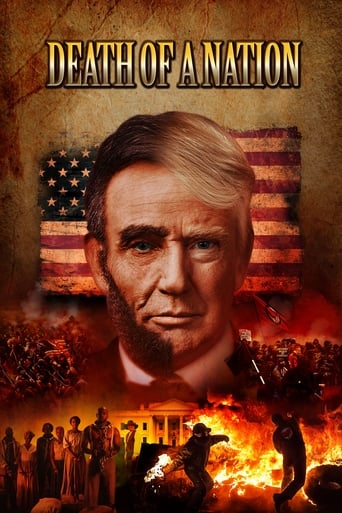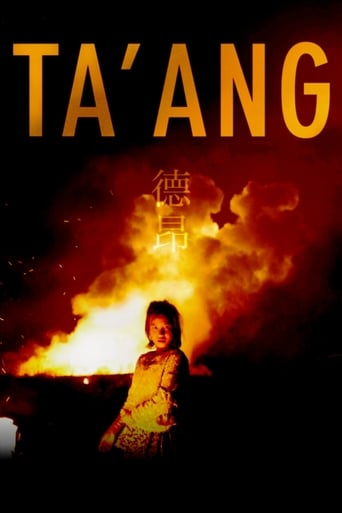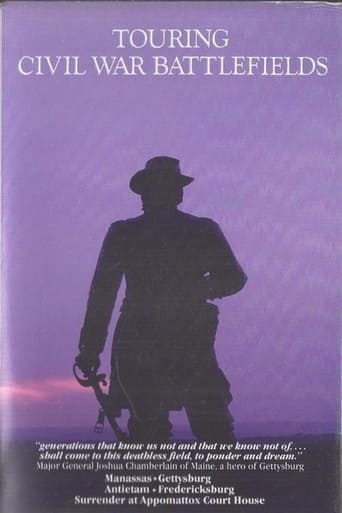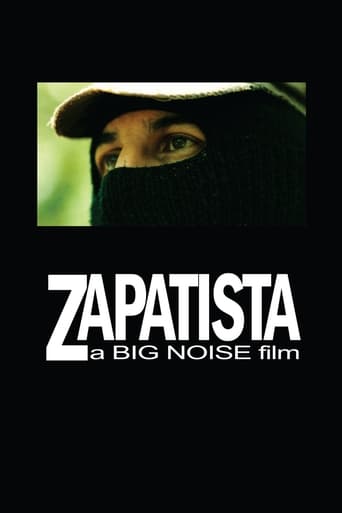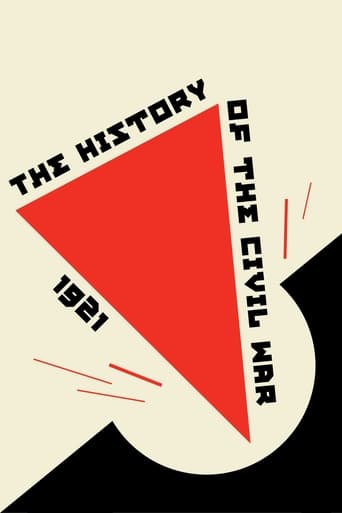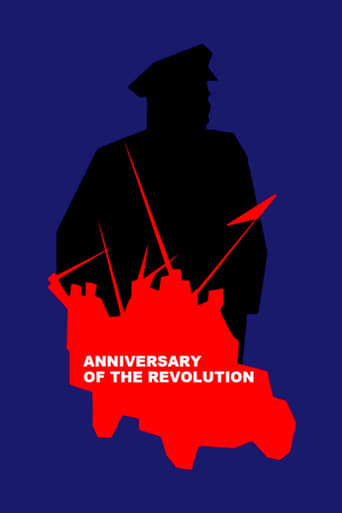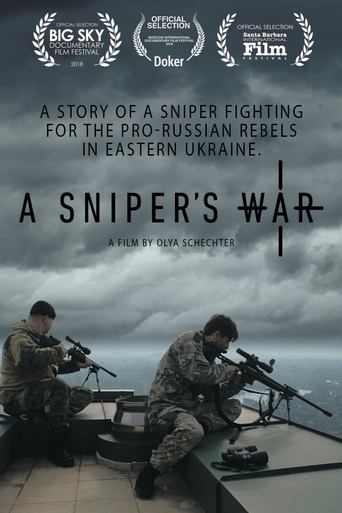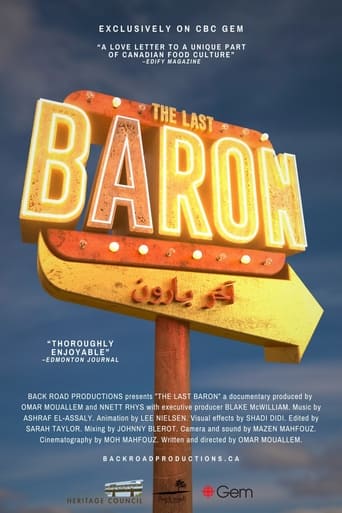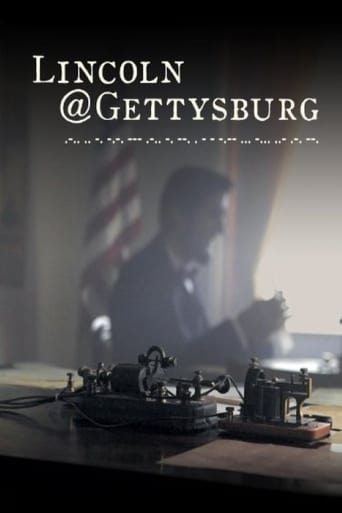
Lincoln@Gettysburg (2013)
An examination of how President Abraham Lincoln used contemporary telecommunications to his maximum advantage in the American Civil War.
- William Kerr
- Peter Schnall
Rating: 6.8/10 by 4 users
Alternative Title:
Country:
United States of America
Language:
English
Runtime: 00 hour 55 minutes
Budget: $0
Revenue: $0
Plot Keyword: civil war, battle of gettysburg, abraham lincoln
Here is your chance to learn more about the 272 words President Abraham Lincoln spoke at Gettysburg when they officially dedicated the military cemetery there. This is a fine documentary about Gettysburg that focuses with a different angle than other Civil War programs. There are three main aspects to the film. The first is to provide a succinct description of the war during the months leading up to this crucial battle. The second angle describes how Lincoln uses a new invention - the telegraph - to stay in touch with his generals in an unparalleled manner never seen in war before (though ironically, confederate rebels would cut the telegraph line just before the battle). Finally the documentary provides details of the Gettysburg Address itself, how it came to be written and it's effect upon the country. The voice-over narration is done by David Strathairn, a voice that may be familiar to him due to his feature film career, such as his Academy Award nominated role as Edward R. Murrow in Good Night and Good Luck, his cool Cajun performance in Passion Fish and, coincidentally, a role as Secretary of State William H. Seward in that other Lincoln movie, Lincoln. There are also, in the manner of most documentaries since Ken Burns, a few historians/authors to help explain things to us. One of them is Jeff Shaara, whose father, Michael Shaara, wrote the novel Killer Angels, the book that won the Pulitzer Prize and was one of the sources for the blockbuster movie Gettysburg. Of course, Jeff Shaara is a historical fiction author in his own right. My only slight criticism of this program is that a few times more than one of the historians seem to say the same basic thing two different ways, but it is minor. Despite all of the documentaries and books I have gone through about the Civil War, this one was worth the time.


